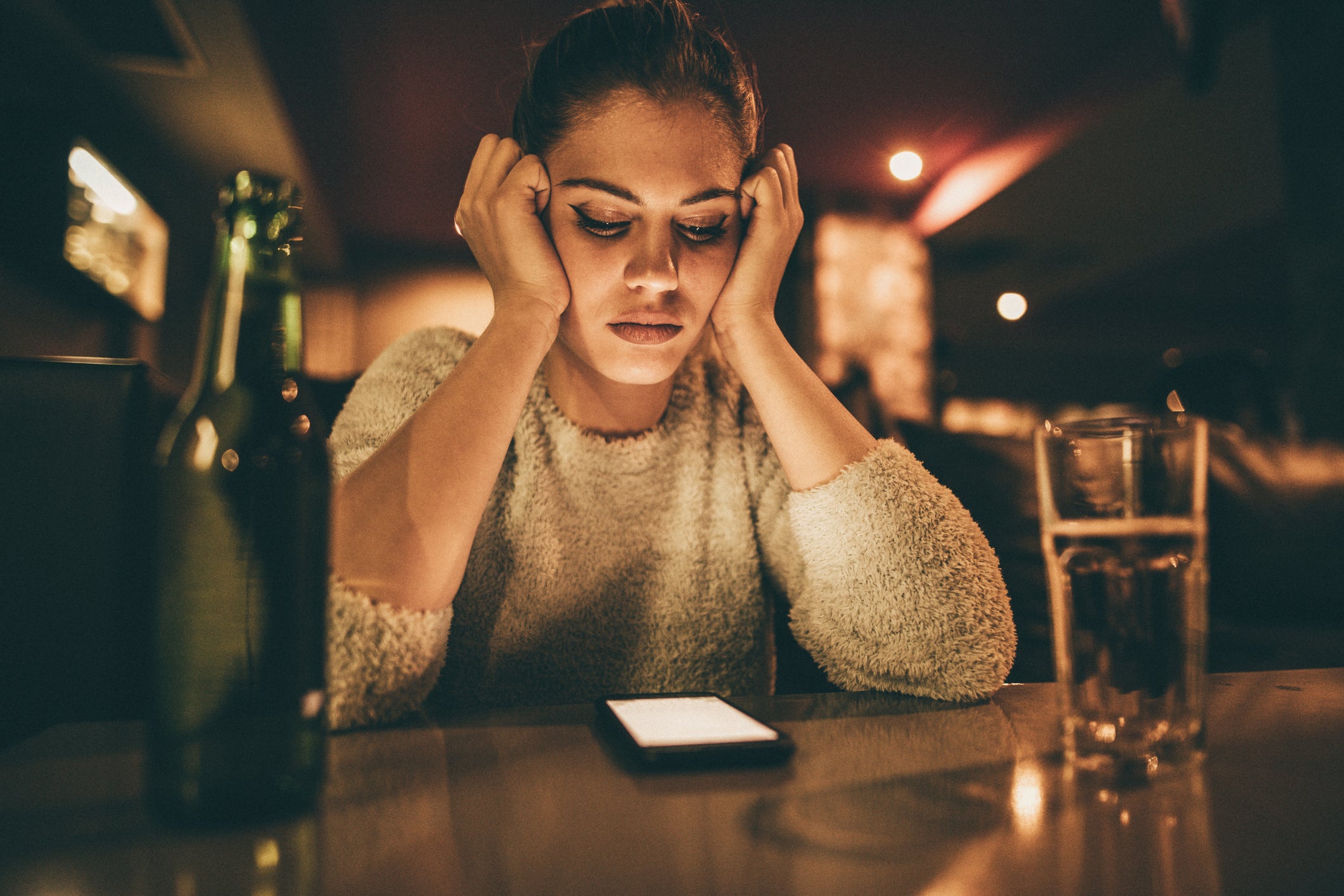Police expand ‘Ask for Angela’ scheme to support women on nights out in London
Further venues will have staff trained to deal with women being made to feel unsafe

Your support helps us to tell the story
From reproductive rights to climate change to Big Tech, The Independent is on the ground when the story is developing. Whether it's investigating the financials of Elon Musk's pro-Trump PAC or producing our latest documentary, 'The A Word', which shines a light on the American women fighting for reproductive rights, we know how important it is to parse out the facts from the messaging.
At such a critical moment in US history, we need reporters on the ground. Your donation allows us to keep sending journalists to speak to both sides of the story.
The Independent is trusted by Americans across the entire political spectrum. And unlike many other quality news outlets, we choose not to lock Americans out of our reporting and analysis with paywalls. We believe quality journalism should be available to everyone, paid for by those who can afford it.
Your support makes all the difference.The Metropolitan Police have extended their “Ask for Angela” scheme that encourages women who feel unsafe while out in London at night to tell staff without putting themselves at risk.
The scheme has been rolled out at several bars and clubs across the capital and enables women to discreetly ask for help by simply asking venue employees for “Angela”.
This code-phrase will then indicate to staff that the woman requires help and a trained member of staff will then look to support and assist them.
This could be through reuniting them with a friend, seeing them to a taxi, or by calling venue security and/or the police.
Now the scheme will be rolled out to more than 150 venues in the city, including bars, clubs, and licensed businesses.
Venues that support the scheme have been given Welfare And Vulnerability Engagement (WAVE) training, which will have been delivered by the Met’s licensing officers and Safer Sounds, which is a partnership across the events and music industry that aims to promote consistency, share best practice and intelligence to make London’s venues safer.
The training gives staff the ability to help customers who may be in a situation that makes them uncomfortable, vulnerable or unsafe. It has been designed to support women who have experienced incidents on nights out such as unwanted attention from men and harassment in addition to threatening, predatory, sexual or violent behaviour.
The “Ask for Angela” scheme was originally developed by Lincolnshire County Council and adopted by the Met in 2016 as a localised initiative by its police licensing officers.
Deputy Mayor for Policing and Crime, Sophie Linden, said: “The Ask for Angela initiative is a great example of London Councils, the Met Police, City Hall, Safer Sounds, and venues across London working together to deliver real change.
“It builds on the success of City Hall’s Women’s Night Safety Charter – which is working to prevent and reduce sexual violence and ensure public spaces are safe at night – and is an important part of our comprehensive approach to tackling Violence Against Women and Girls.”
Ms Linden went on to reference how crucial the extension for the scheme is as nightlife returns.
“With restrictions lifting and many of London’s clubs and bars open and busy throughout the night, it’s vital we do everything we can to prevent and reduce sexual violence and harassment,” she said.
“The Ask for Angela initiative will make accessing vital support quick and easy for those feeling unsafe or threatened and I would encourage all of London’s night-time venues to sign up.”
The extended scheme comes after a new survey revealed that half of women in the UK feel unsafe walking alone after dark.
According to the Office for National Statistics (ONS), around 49 per cent of women reported feeling unsafe walking alone after nightfall in a busy public place, such as a high street or railway station.
The same number of women also felt unsafe walking alone on a quiet street near their home at night.
By comparison, one in five men (19 per cent) said they felt unsafe when walking alone in a busy public area after dark. This figure fell to 15 per cent among men walking alone on a quiet street near where they live.
Nick Stripe, head of the ONS crime statistics branch, commented: “This is the first time the ONS has asked people about feelings of personal safety when walking alone in different public settings.
“We explored how those feelings are influenced by personal experience of harassment and if they affected behaviours.
“There are some clear findings: men and women both feel less safe after dark, but the extent to which women feel unsafe is significantly greater.
“Disabled people, too, are more likely to feel unsafe, even in the daytime in busy public places.”
Both the survey and the extended “Ask for Angela” scheme come a few months after the disappearance and murder of Sarah Everard, 33, who went missing in March while walking home from a friend’s house in south London.
Wayne Couzens, a former Metropolitan Police officer, 48, pleaded guilty to her murder in a trial last month.
Join our commenting forum
Join thought-provoking conversations, follow other Independent readers and see their replies
Comments